Scroll down for the Q & A:
Just another day in America.
On May 1, 2001, a group of radical Islamic terrorists crash a Boeing 737 jet airliner into the Mall of America—and Vice President Robert Hornsby knows his moment is coming.
The attack kills three thousand American citizens and throws an entire nation into a panic, but all Hornsby sees is an opportunity, a chance to imprint his fanatical values on the soul of the country he loves and become the most powerful vice president in American history.
With the aid of his affable but ineffectual president; the reluctant, conscience-stricken secretary of defense; and a preening, foppish faith leader with more than a few skeletons in his closet; Hornsby declares war on terror—and anyone who stands in his way. But as media scrutiny of the administration’s actions overseas intensifies, Hornby’s one-man campaign against evil begins to unravel—with striking parallels to the thirteenth century’s doomed Fourth Crusade—and sends the nation spiraling toward another deadly tragedy.
The American Crusade paints a grim and often cynical picture of America’s recent past, reflecting the attitudes, politics, and fears that shaped our nation in the new millennium. By sampling the contemporaneous French text on the Fourth Crusade, On the Conquest of Constantinople, author Mark Spivak reminds us of that ever-vital adage: “Those who cannot remember the past are condemned to repeat it.”
Fans of The Castle by Jack Pinter, The President Is Missing by Bill Clinton and James Patterson, House of Cards by Michael Dobbs, The Whistler by John Grisham, and the Aaron Sorkin–penned TV drama The West Wing will love this book.
To President George Cane, the assembled group represented “the full force and moral authority of the United States of America.”
AUTHOR Bio and Links:
In the realm of non-fiction, award-winning author Mark Spivak focuses on wine, spirits, food, restaurants and culinary travel. His first book, Iconic Spirits: An Intoxicating History, was published by Lyons Press in 2012. He followed this with Moonshine Nation (Lyons Press, 2014), hailed as the definitive book on illegal corn whiskey in America. From 1994-1999 he was the wine writer for the Palm Beach Post, and was honored for excellence in wine criticism “in a graceful and approachable style.” Since 2001 he has been the Wine & Spirits Editor for the Palm Beach Media Group, and contributes to a number of national magazines. He is also the holder of the Certificate and Advanced Diplomas from the Court of Master Sommeliers.
I always wanted to be a writer, and I began writing fiction when I was about eleven years old. I got a degree in literature, became a professional journalist and did a lot of other things along the way, but I always came back to it. I currently mentor beginning writers, and I tell them that writing is like a terminal disease: once you get it, you may experience periods of remission, but it will always come back—so you might as well go ahead and get the work done.
What is your book about?
The American Crusade is a political thriller set during the invasion of Iraq, with flashbacks to the Fourth Crusade. I was doing some reading on the Crusades, for some reason, and it suddenly hit me that the Iraq invasion was the instant replay of the Fourth Crusade. The resemblance is eerie. The book is really a meditation on the follies of history, and asks the question: does history repeat itself, or are we the ones who are constantly repeating it? If so, why?
Who is your hero? Is he based on someone in real life?
Much of the story is told through the eyes of Robert Barton Hornsby, the vice president and former CIA director. He’s really an anti-hero. Because the present-day setting of the book closely resembles the Bush 43 administration, the temptation is to see him as Dick Cheney, but he’s really an amalgam of many powerful people I observed in Washington.
What are your favorite times for writing? Morning? Evening?
I’m up very early, around 4 or 4:30, and that’s when I get my best work done. I still do a lot of journalism, so the emails and other interruptions begin around 9 or 10. I write intermittently throughout the day, with breaks for exercise, grocery shopping, etc,
Who are your favorite authors? Did they influence your writing, and if so, how?
I don’t read much current fiction, because I don’t want those influences to show up in my work. So my list of favorites is confined to the classics: Joyce, Melville, Hemingway, plus more contemporary writers such as Jorge Luis Borges, Samuel Beckett, Nabokov and Kurt Vonnegut. I’m sure they’ll all left their imprint on me in some way.
Did you have a favorite book as a child? Did it influence your choice to become an author?



